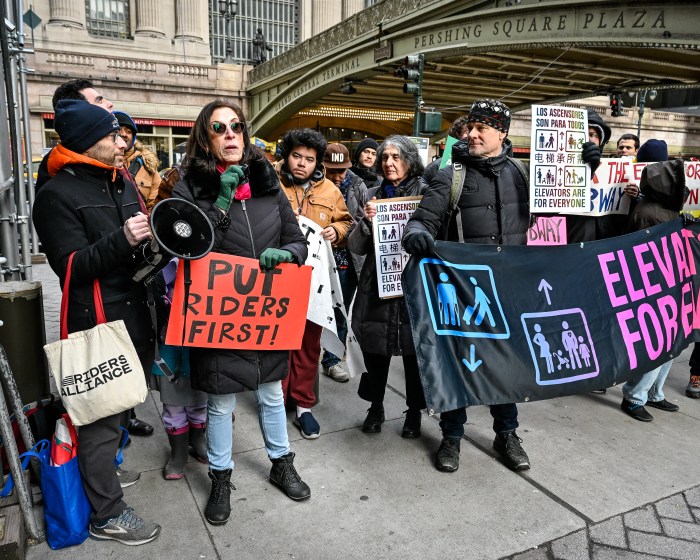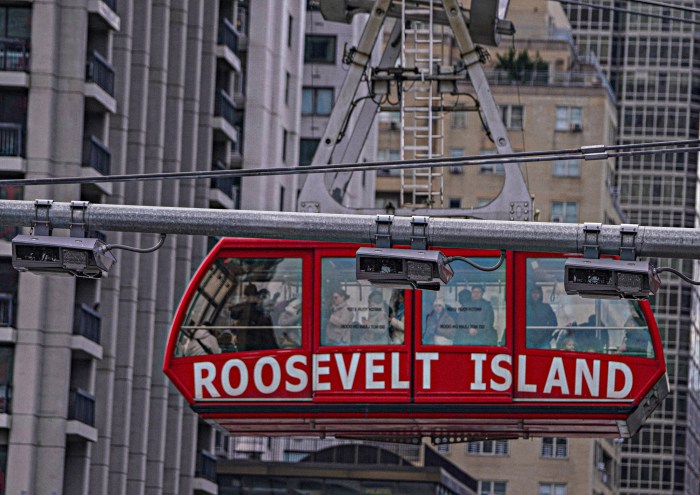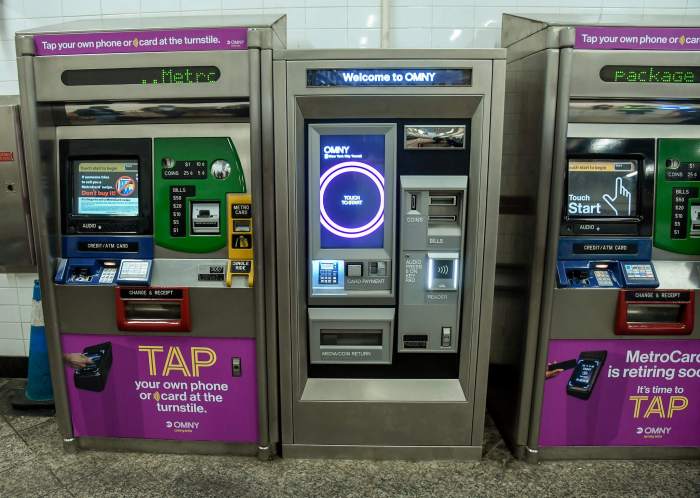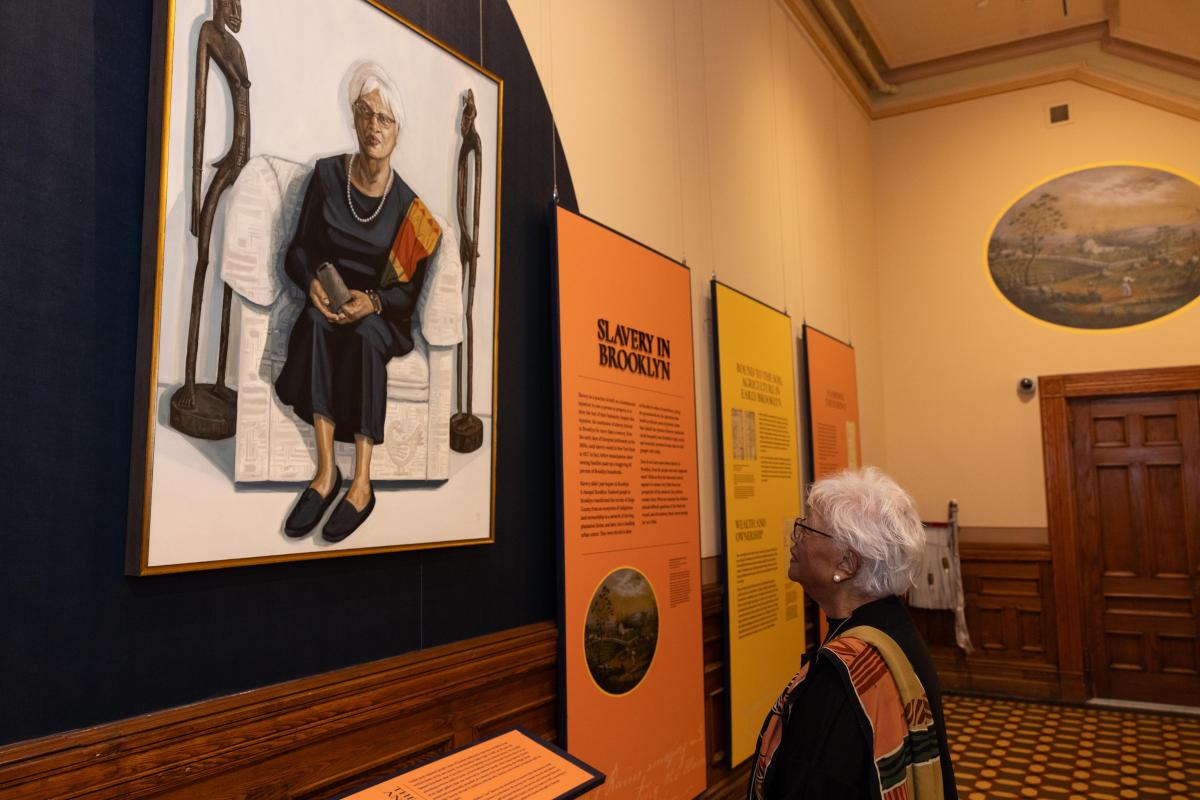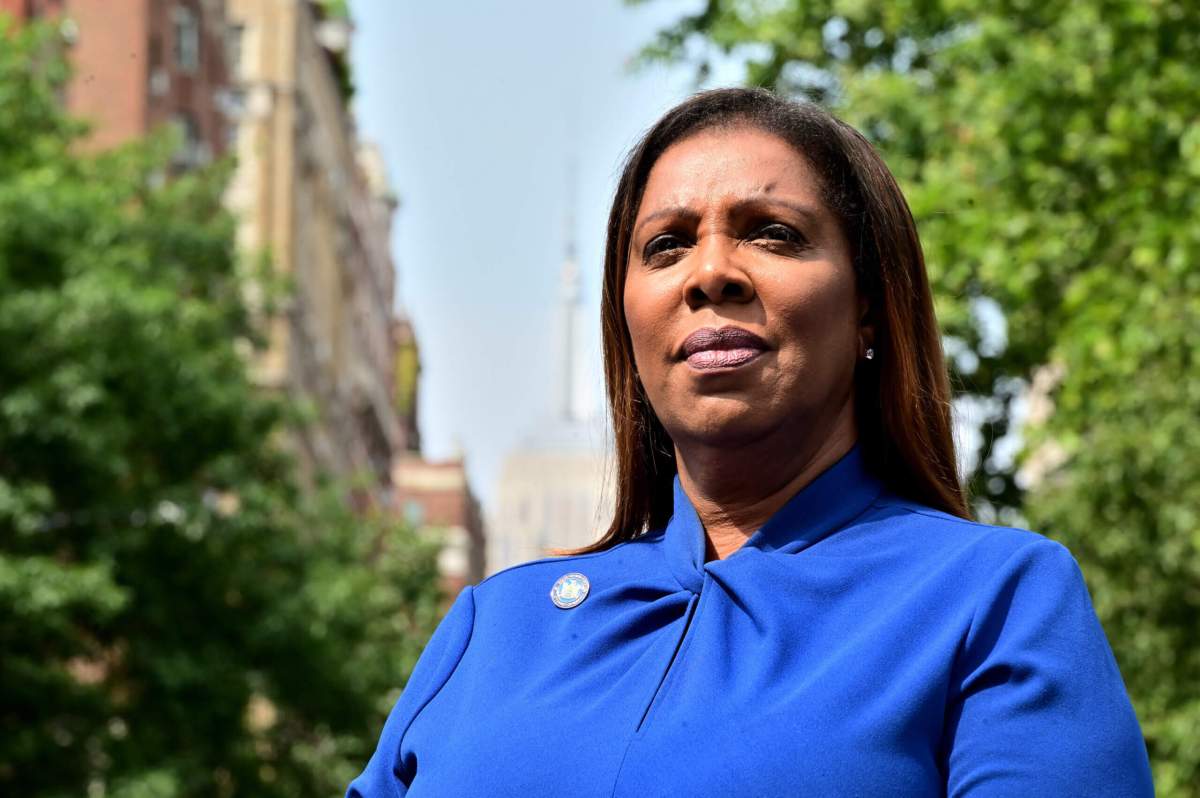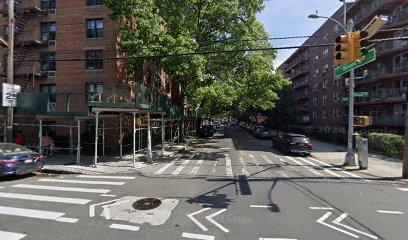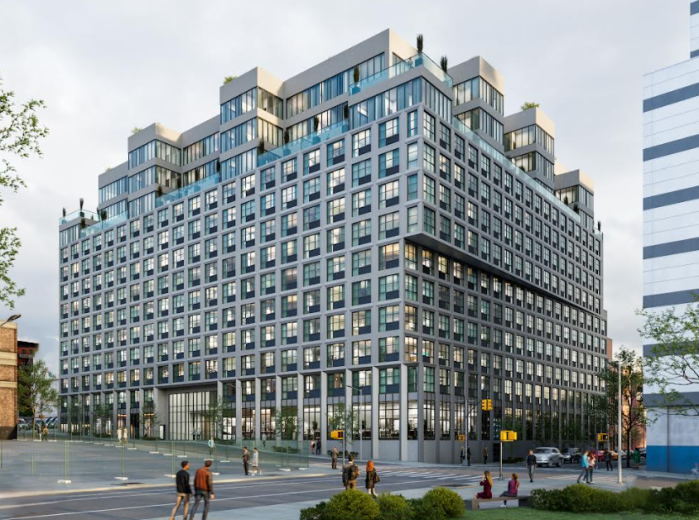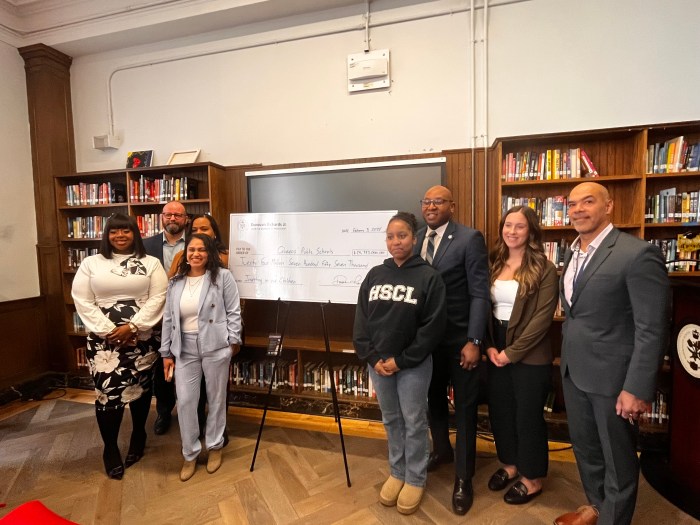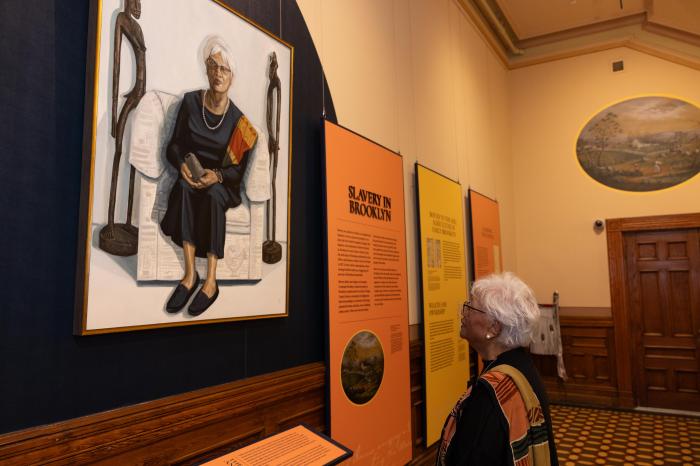
The MTA board postponed a highly anticipated vote on fare and toll hikes Thursday, opting to continue mulling options.
The board voted to push back the vote on two fare hike proposals until its February meeting. One proposal would have increased the base MetroCard fare to $3, while offering higher purchasing bonuses; the other would have kept the base fare at $2.75, but eliminated purchasing bonuses. The hikes had initially been expected to take effect in March, marking the seventh increase since 2008.
The decision for a delay came as the authority faces a larger existential crisis around management, funding and service. Gov. Andrew Cuomo — who effectively controls the authority — as well as advocacy groups had called for a cancellation of the hikes.
“I’m concerned that we’re making a decision today and we need to be a little bit slower, a little bit more thoughtful, and need to consider a few more options,” said board member Peter Ward.
Board member Veronica Vanterpool seconded the decision. The vote was unanimous, with one abstention and one absence.
Thursday’s vote means that fare and toll hikes won’t occur until April. Postponing the vote by a month would likely also mean delaying the implementation by a month, according to MTA spokesman Shams Tarek.
Acting MTA Chairman and CEO Fernando Ferrer said the board will take the next month to further evaluate the two options, in addition to other alternative hikes. One idea, floated by board member Larry Schwartz, would tie fare hikes to service improvement.
Schwartz said on Thursday he tried to work quickly with the MTA to hash out a full plan, but had not yet figured out how to marry fare increases with data like train delays or on-time performance — an unusual concept.
“I can never support a fare increase unless there’s some kind of performance improvement metrics that ensures the riders that they’re going to continue to see, hopefully in the future, better service and reliability,” he said.
The MTA warned that without the added funding from the hikes, it would be faced with more severe service cuts to save money. Every month that the fare and toll hike is delayed, the MTA estimates it will lose about $30 million. MTA officials have expected the increased rates to bring in $316 million annually for the next two years.
The authority is already planning smaller-scale cuts alongside the increases, including cutting the number of cleanings of subway cars; delaying new Select Bus Service routes; reducing some transit service; and lowering the amount of heat and air conditioning that is pumped into subway cars.
“I hate the idea of asking the public for more,” said Ferrer after the meeting. “I also detest the idea of even thinking about proposing service cuts. I’m not going to do it. . . . I’ve seen the rabbit hole service cuts gets us into. You need years to climb out of that and the MTA still hasn’t climbed out of some of those service cuts that came in 2010.”
Even with the MTA’s financial hardships, opponents believe riders are already overtaxed.
“The burden is already too high on riders,” said State Sen. Brad Hoylman at the board meeting.
The fare and toll hikes will not be MTA’s salvation. Even with the new money, the authority forecasts a growing budget gap that will reach nearly $1 billion by 2022.
“I say not a penny more until the MTA gets its house in order,” Hoylman added.
Leading up to the vote, Cuomo directly attacked whatever credibility the authority has left after slipping bus, subway and rail service. He had called to “blow up” the authority and called off the long-planned L train shutdown.
At the same time, Cuomo has attempted to distance himself from the authority. During an appearance Wednesday on WNYC, he lambasted the MTA’s board as “wholly dysfunctional” and unaccountable — even though the governor appoints the plurality of board members; hires top leadership and negotiates the contracts with the transit union, which has direct implications for the MTA’s operating expenses and current budget crunch.
After having spoken out against a hike, Cuomo flipped Thursday, acknowledging that the fare hike was necessary — along with certain stipulations.
“Money alone won’t solve problems. Management reform alone won’t solve problems,” said Cuomo at an unrelated news conference. “You need both.”
Ferrer pledged that he will have a report on management reforms ready by February’s meeting. He denied Cuomo had played a role in influencing the board’s decision-making on the vote.
Mayor Bill de Blasio, who had also opposed a hike, called the board’s action “smart” because it leaves more room for discussions on MTA reforms and potential new revenue sources.
“Everything else is secondary to getting a final decision on how we’re going to fix the MTA and how we’re going to pay for it,” de Blasio said. “And that can only be done by the Legislature and the Governor. And I fundamentally believe it needs to be done as part of the budget to actually work.”



